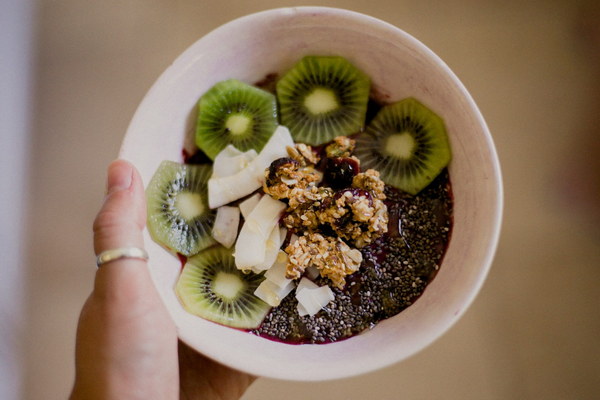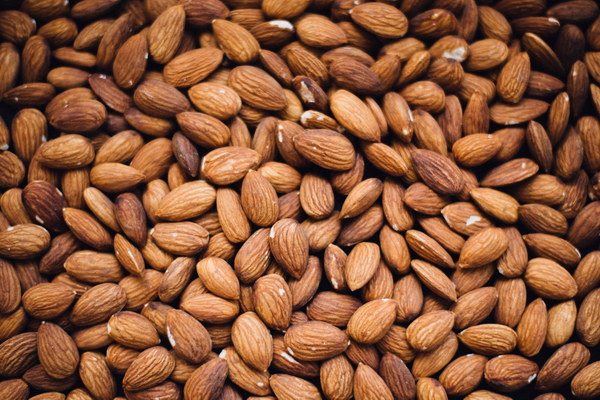Balancing the Tummy A Comprehensive Approach to Stomach Health and Digestive Wellness for Preschoolers
Introduction:
In the realm of children's health, digestion plays a pivotal role. As parents and educators, it is crucial to foster a strong understanding of digestive health among preschoolers. This article aims to provide insights into the concept of food accumulation, commonly known as 'accumulation of food', and offers practical strategies to promote stomach health and digestive wellness for preschoolers.
Understanding Food Accumulation:
Food accumulation, or 'accumulation of food', refers to the condition where the body fails to digest food properly, leading to discomfort, indigestion, and other related issues. This condition is more common among young children, who are still learning about healthy eating habits and the importance of balanced nutrition.
1. The Role of Diet:
A balanced diet is essential for maintaining a healthy digestive system. Preschoolers should be encouraged to consume a variety of nutritious foods, including fruits, vegetables, whole grains, lean proteins, and healthy fats. Here are some tips to ensure a balanced diet:
- Offer a variety of fruits and vegetables, ensuring that they are fresh and seasonal.
- Introduce whole grains such as brown rice, whole wheat bread, and oats.
- Provide lean proteins like chicken, fish, and legumes.
- Encourage the consumption of healthy fats, such as avocados, nuts, and seeds.
2. Regular Meals and Snacking:

Establishing a regular meal and snack schedule is vital for maintaining a healthy digestive system. Here are some tips to keep in mind:
- Serve three balanced meals and two to three healthy snacks throughout the day.
- Avoid overeating and encourage portion control.
- Offer snacks that are easy to digest, such as yogurt, bananas, and crackers.
3. Hydration:
Proper hydration is essential for digestion. Here's how to ensure your preschooler stays hydrated:
- Offer water throughout the day, especially during meals.
- Encourage children to drink water instead of sugary drinks.
- Provide a variety of hydrating foods, such as fruits, vegetables, and soups.
4. Exercise and Movement:
Regular physical activity can help improve digestion and prevent food accumulation. Here are some ways to incorporate exercise into your preschooler's daily routine:
- Engage in age-appropriate physical activities, such as playing outside, dancing, or jumping rope.
- Encourage participation in sports and other group activities.
- Ensure that children have enough time to play and move during the day.
5. Managing Stress:
Stress can affect digestion, so it's essential to help children learn how to manage it. Here are some strategies:
- Teach children relaxation techniques, such as deep breathing and visualization.
- Encourage a consistent bedtime routine to help children wind down before sleep.
- Provide a safe and nurturing environment that promotes emotional well-being.
Conclusion:
By implementing these strategies, you can help your preschooler maintain a healthy digestive system and prevent food accumulation. As they grow, these habits will become second nature, ensuring long-term stomach health and digestive wellness. Remember, a balanced diet, regular meals, hydration, exercise, and stress management are the cornerstones of a healthy digestive system for preschoolers.









